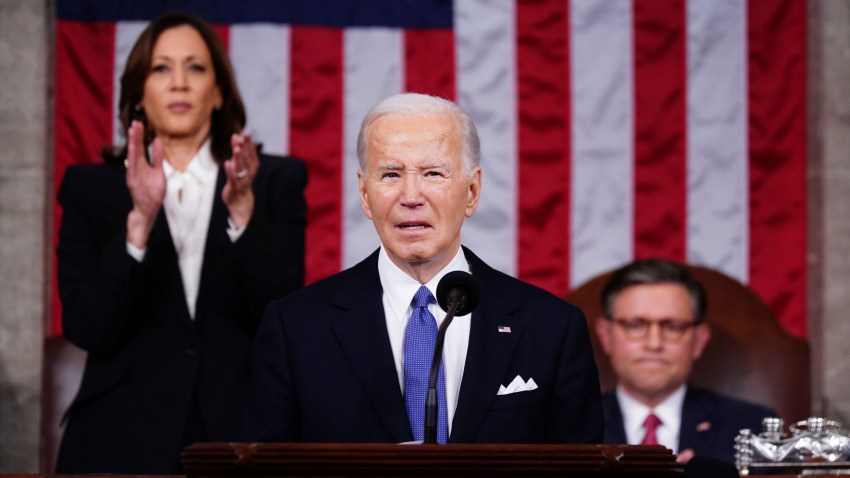U.S. President Joe Biden gave the annual State of the Union address to Congress last Thursday night. Intended to outline current U.S. domestic and foreign policy, the address turned into a fiery campaign speech. Biden repeatedly attacked his “predecessor” and rival in the November election, former President Donald Trump, without mentioning him by name, while contrasting his policies with those of Trump and the Republican Party. To the extent that Latin America and the Caribbean were discussed at all, it was in the context of the migration challenges at the U.S. southern border and the concerns about illegal immigration among U.S. voters. But Biden similarly uttered the word “border” 10 times without ever mentioning Mexico, the country on the other side.
Earlier that day, however, Assistant Secretary of State Brian Nichols provided a deeper and more nuanced articulation of the Biden administration’s policies and record in Latin America and the Caribbean. Speaking at the Council of the Americas, Nichols highlighted the same big-picture values for Latin America that Biden has endorsed in his speeches and public comments for a decade, since his time as vice president: a hemisphere that is democratic, secure and middle class. Nichols provided a laundry list of U.S. programs that are almost unknown to people who don’t spend a lot of time deep in the weeds of regional policy but which, taken together, comprise the basic toolbox for the U.S. government’s efforts across the hemisphere. He also, correctly, highlighted the Biden administration’s success stories, including supporting the democratic transfers of power in Guatemala and Brazil, both of which were in doubt and required international pressure to ensure.
As the top diplomat for issues in the hemisphere, Nichols has done a great job in a tough position, and everything about his speech was factually correct. And yet, it didn’t address or dispel the general sense that something is off about U.S. policy in the region. More than three years into Biden’s term, the administration’s values are on target. Its tactics and tools are good, though underfunded, and it has notched a few victories to be proud of. Despite that, pretty much nobody in the U.S. or in the hemisphere is happy.

